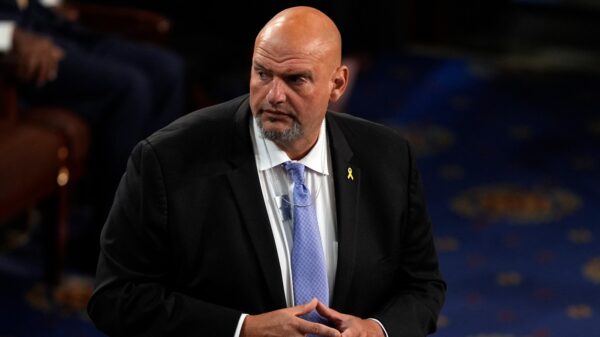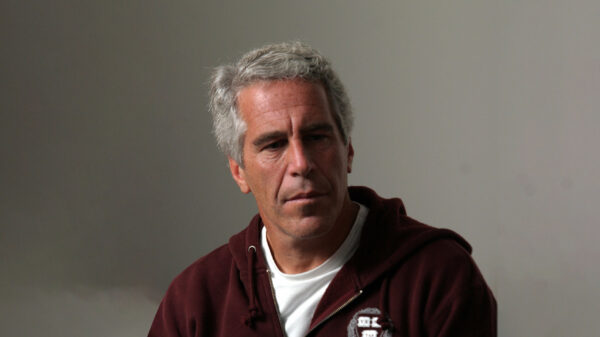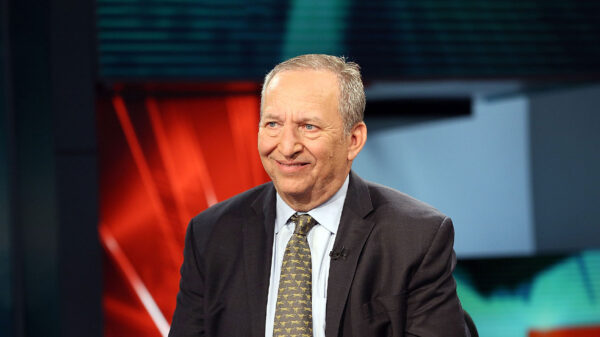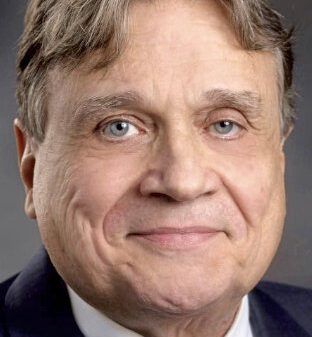Political polarization in the United States has reached a critical point, with experts warning that a phenomenon dubbed “political derangement syndrome” is affecting the mental health of citizens. As the nation gears up for the highly contentious elections scheduled for November 2024, the emotional toll of political divisiveness is becoming increasingly apparent.
Research from the American Psychological Association highlights the growing anxiety and stress related to political discourse. Many individuals report feeling overwhelmed by the barrage of information and differing opinions, particularly on social media platforms. This constant exposure can lead to heightened feelings of anger and frustration, causing significant emotional strain.
The term “political derangement syndrome” has been used to describe the extreme reactions some individuals have to political events and discussions. According to Jerry Davich, a columnist who has observed these trends, the phenomenon is not just an abstract concern; it is manifesting in real-world behaviors that disrupt social cohesion.
As the 2024 elections near, experts warn that this syndrome may exacerbate tensions and lead to further polarization. The National Institute of Mental Health reported that mental health issues linked to political stress have surged, with many people experiencing anxiety, depression, and even physical symptoms related to their political affiliations.
The impact of this polarization extends beyond individual mental health. Communities are witnessing increased division, with individuals often retreating into echo chambers where they only engage with like-minded individuals. This trend can diminish constructive dialogue and understanding among different political groups, making it difficult to find common ground.
As political campaigns ramp up, candidates are leveraging the heightened emotions of their constituents. This strategy can be effective in rallying support but risks deepening divisions. The challenge lies in addressing the underlying emotional distress while fostering a more civil political discourse.
In light of these developments, mental health professionals encourage individuals to take proactive steps to manage their political engagement. Strategies such as limiting exposure to news, seeking out diverse perspectives, and focusing on community involvement can help mitigate the adverse effects of political stress.
With the elections just months away, the need for dialogue and understanding is more pressing than ever. Addressing “political derangement syndrome” may require a concerted effort from individuals, communities, and leaders alike to restore a sense of unity and civility in political discourse.


































































